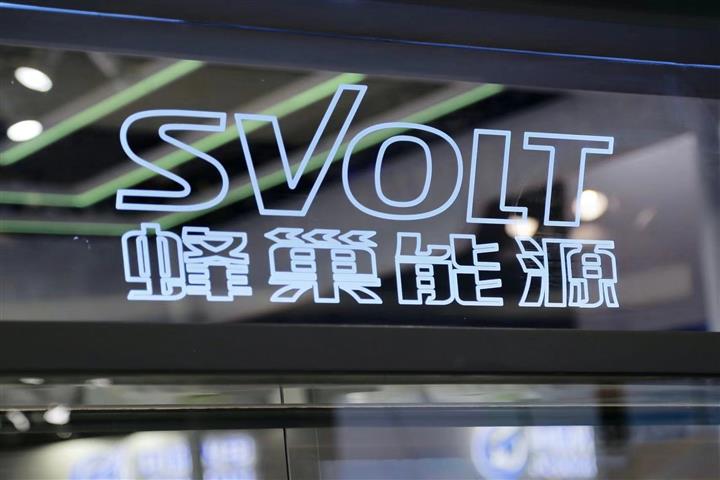 Over 70% of Batteries Are Likely to Be Cheaper Colbalt-Free Type, Svolt Chairman Says
Over 70% of Batteries Are Likely to Be Cheaper Colbalt-Free Type, Svolt Chairman Says(Yicai Global) Sept. 13 -- Power packs without expensive cobalt compounds, including lithium iron phosphate and lithium manganate batteries, are likely to account for more than 70 percent of the market both in China and abroad, according to the chairman of leading Chinese maker Svolt Energy Technology.
As the life of lithium iron phosphate batteries gradually increases, their share of the power battery market is expected to exceed 60 percent and more, Yang Hongxin, who is also Svolt’s chief executive officer, told Yicai Global in a recent interview.
Cobalt accounts for a relatively high proportion of the cost of cathode materials for ternary lithium batteries. Sixty-six percent of the world's cobalt comes from the Democratic Republic of the Congo, while supply is a hostage to price fluctuations in the international market. China's reserves account for only about 1 percent of the global total.
Yang said the future use of cobalt-containing ternary lithium batteries will center on higher energy density applications and the super-fast charging market, the same as solid-state batteries, which have yet to be commercialized.
The installed capacity of lithium iron phosphate batteries surpassed that of ternary lithium batteries in July last year, with a 52 percent market share in 2021, and the gap has been gradually widening since then, according to data from the China Automotive Battery Innovation Alliance.
Big international carmakers mainly worked with Japanese and Korean suppliers of ternary lithium batteries before last year, but since the end of 2021 they have picked up on the advantages of lithium iron phosphate batteries and joined hands with Chinese firms. Tesla said last October that it would switch to cobalt-free lithium iron phosphate batteries for the standard Model 3 and Model Y because of high cobalt prices.
Moreover, with the technological innovation and transformation of the past few years, the life of lithium iron phosphate batteries has been extended to between 500 kilometers and 700 km, Yang added, noting that they can replace ternary lithium batteries in the commercial energy storage market.
“In the early years, cars with lithium iron phosphate batteries could cover 400 km at best, but now the cruising range can be 600 km, occupying the most popular market of about 500 km,” Yang pointed out. Technological improvements have also overcome the poor performance of lithium iron phosphate batteries at low temperatures, he said.
“There are so many uses for lithium iron phosphate, for which the production capacity of lithium iron phosphate has suddenly risen and will continue to do so,” Yang said.
A unit of Great Wall Motors, Changzhou-based Svolt supplies batteries for passenger cars, commercial vehicles, and energy storage systems. Its installed capacity was about 2.4 gigawatt-hours last year, for a 1.7 percent share of the Chinese market, according to data from Gaogong Industry Institute.
It is rapidly expanding capacity on a massive scale, intending to reach 450 GWh by 2025, Svolt said last December.
Editors: Tang Shihua, Futura Costaglione